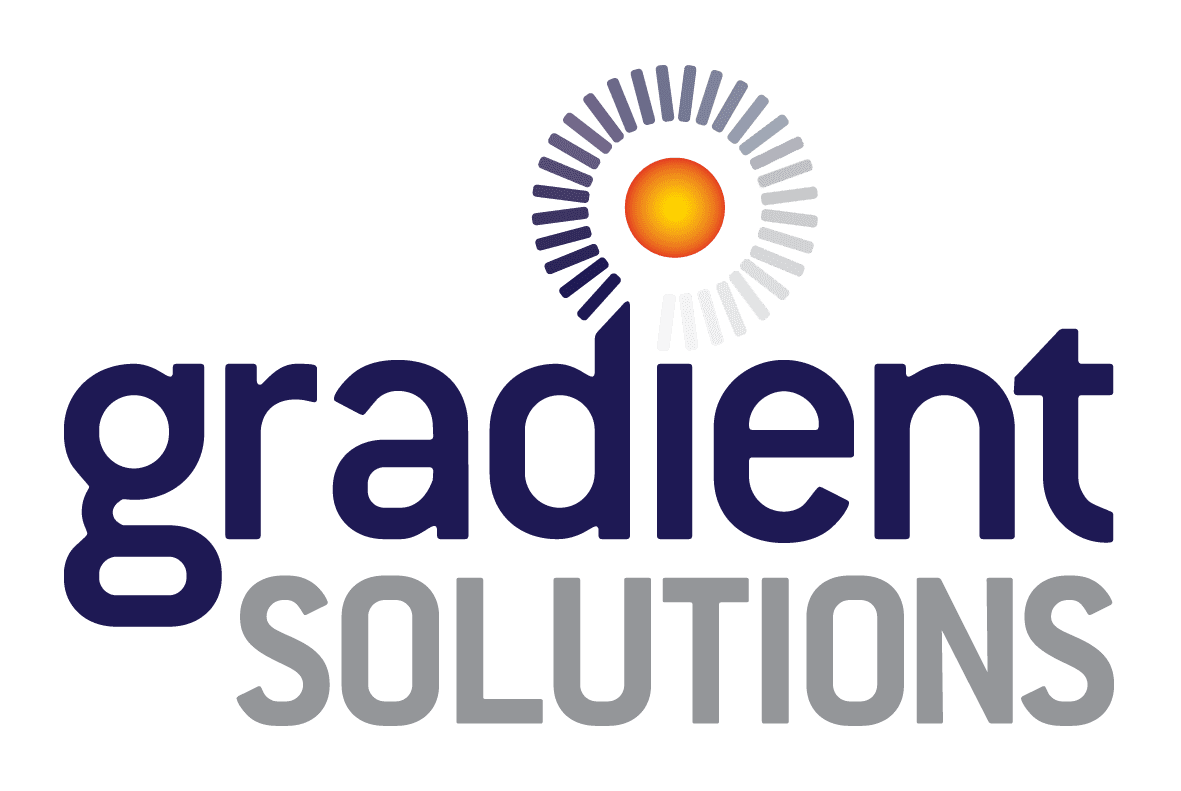I (Cal) recently read a book titled Humble Inquiry by Edgar Schein. Schein defines humble inquiry as "...the fine art of drawing someone out, of asking questions to which you do not already know the answer, of building a relationship based on curiosity and interest in the other person" (2). I was struck how simple in words, yet difficult in practice this goal and statement is from Schein. In the business and consulting world, regardless of industry, I often find that the ultimate goal is to go in knowing the answers to most, if not all, of the questions that will be or could be presented. It is often the expectation of leaders to know all of the answers to all of the questions or risk the appearance of losing authority whether implied or explicit. Schein notes that "we are biased toward telling instead of asking because we live in a pragmatic, problem-solving culture which knowing things and telling others what we know is valued" (10). Is this really the best way for leaders to approach their job and the complexity of relationships within that job?
I believe that the answer is a firm "no." As consultants, we are tempted to dispense advice and recommendations readily and willingly. After all, we are typically brought into an organization to do just that. However, one of the primary drivers of strong client relationships and support are the questions we ask and the relationships that we build. Schein, a former consultant, even goes as far as to state the following "I learned early in my consulting that getting the questioning right was more important than giving recommendations or advice..." (4) While he is directing his thoughts to consultants, the advice is very important to leaders in an organization, regardless of level. In their book The Truth About Leadership, James Kouzes and Barry Posner tell us that "they [interviewees speaking of leaders they look-up too] tell us that when they are with this leader they feel empowered, listened to, understood, capable, important, like they mattered, challenged to do more, and other similar descriptors" (69). I imagine the leaders referenced were excellent at Humble Inquiry. To close, I would like to ask you a few questions that will hopefully be helpful in your leadership journey:
1. Do you seek to listen to understand before telling?
2. Would people around you rate you as a good listener? Would you be willing to ask them directly?
3. How well do you value the professional relationships of your colleagues rather than as a direct report, a peer, or a supervisor? Why did you answer the way you did?
4. What steps can you take now to improve your listening ability, question asking, and overall relationships with your colleagues?

